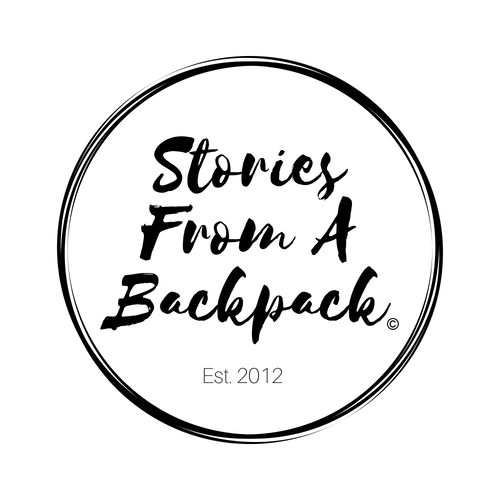How To Record The Books You Have Read?

Did you know we remember less than 10% of the content that we read? Scary,right?
Sometimes I can’t even remember which books I’ve read, let alone the storieswithin them.
What about you?
Do you take a note of the books you read? Could you name your favourite bookof the past year? Do you remember what the books taught you? Or do you rememberhow it made you feel? Do you ever wonder what the point is if we forget most ofwhat we read?
Why You Should Record The Books You Have Read
I started keeping a list of the books I read in 2019 and it’s been amazingto see the total page count go up and up, to notice which books I can stillremember, which stories still ring true. And then to question the other booksand why I wasted my time.
Case in point:
(The worst book I read in 2020).
But I’m learning a lot from keeping a book record.
When you record the books you’ve read, you start to learn more about thebooks you like and the ones you don’t. You learn which style, genre, author,even what size of book you like.
You’ll realise when you read quickly and you’ll notice when a boring bookslowed you down, but perhaps more importantly, you’llremember more of what you’ve read. You’ll absorb the best bits of content.
More Benefits of Recording The Books You Read
- You’ll be able to offer fantastic book recommendations.
- You’ll be able to answer the question: What’s your favourite book?
- You’ll be able to connect with other readers. Nothing makes a conversation come alive more than when someone says, ‘I’ve read that book too!’.
- It can help you become more focused on what you want to read and help you analyse if you enjoyed a book as much as you thought you would. You can then make changes to future selections based on what you’ve found.
- ‘We only manage what we measure’, if you aren’t tracking progress it’s very hard to improve. From starting to record the books you read, you’ll increase the number of books you read. This is because you can set informed targets, instead of just ‘read more’ you can be realistic about what you read last year and what you might want to read this year.
- You’ll learn more about who you are too. Do you want to be known as a ‘reader’? Do you want to surround yourself with new people, places and ideas? Do you want to be a person who grows in empathy because of the pages you’ve turned?

If you’ve always wanted to know how to read more, or if you want to learn how to fall in love with books again, then start to record what you’ve read.
How To Record The Books You Have Read
Currently, I spend a day each month listing the books I’ve read that month and carefully writing out the words I loved or the phrases that made me smile, or the ideas shared that made me cry. I copy out quotes that moved me or facts I want to research. It’s been a great way to learn how to read non-fiction books. But I also want to read just for fun. Not to learn or take notes, but to laugh and to cry, and this is where recording what we read really comes into play. I’m noticing which books bring the most enjoyment.
There are different methods you can use to record what you read.
1. Simple Spreadsheets. I used a Google Sheets spreadsheet to record the books I’ve read. I like it because it’s simple and quick. In a couple of clicks, I can note what I need to, and it’s done. I think convenience is key; you don’t want another job to add to your list of things to do.
The columns on my spreadsheet include: Date read, book title, author,rating, any notes and the book ‘source’ how I discovered it and where I got itfrom (library, charity shop, book shop etc.). The ‘source’ is really importantbecause it teaches who recommends the best books and where to go to find more.
2. Goodreads. Goodreads is a place for readers. You set reading goals, record reviews, and follow your favourite authors.
3. Readers Journals and Notebooks. You can find the most beautiful books to record the books you’ve read! A few of my favourites are listed below. Why not create a reading ritual and treat yourself to a beautiful notebook to record your progress?
“We become the books we read.”
- Matthew Kelly
Some people think listing the books you read is a pointless exercise. You probably won’t show anyone. No one will know you’ve done it; it won’t be published when you die. But it will be a record of who you are. Of how you’ve spent your time. It’s another way to document your life. To tell your story.
This year my plan is to not only record the books I read but also start more books, yet not finish them. Let me explain more next week when I share the 52 books, I read in 2020 and what I loved and learnt.
Stories From A Backpack is a place that celebrates the process of documenting our life through stories. You don’t have to see yourself as a writer to want to document your life. You can start to save your memories and share your story today.
Become an Everyday Storyteller by writing about your life. Your story matters and Stories From A Backpack is a here to help you live a life worth writing about. Join our monthly newsletter to become an Everyday Storyteller with us. Or buy the book Everyday Storytellers and learn how to turn your memories into stories.
*Contains affiliate links.



